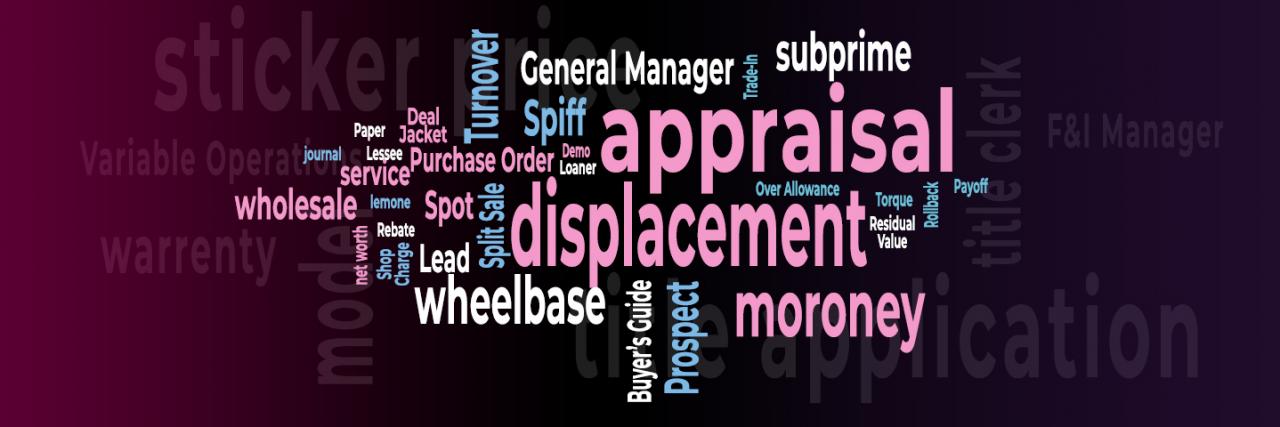

He is providing sufficient allowance to his wife.He has already supplied the mentioned stuff in sufficient quantity to his wife or.He has explicitly forbidden his spouse to pledge his credit, or.He has explicitly warned the dealer not to give the goods on credit to his wife, or.However, it has certain exceptions, if the husband proves that: Wife as an agent: When a legally married couple lives together, the wife is supposed to have the authority of his husband to pledge his credit, in order to afford the basic necessities of life, according to their standard of living.This is the case of agency by estoppel, where the agent will be precluded from refusing his authority. Now, if the third person enters into a contract with that person thinking that he is the agent. Agency by Estoppel: Suppose a person by his conduct informs another person that a particular person is his agent and the person who is signified as an agent is present and hearing at the time when it is intimated.principal and agent, or necessity of the case. Therefore, the implied agency is created by way of conduct, the situation of the parties, i.e. Implied Agency: When something is not directly or clearly stated, it is said to be implied.When the purpose of creation of agency is to transfer the immovable property, it is required to be registered, In a written contract of agency, the power of attorney is transferred in the name of the agent, conferring him the authority and power to act on behalf of the principal, subject to the terms and conditions specified in the contract. Express Agency: One can enter into the contract of agency through an express agreement, i.e.The agency can be created in the following ways: This is due to the fact that an agent initiates a contractual relationship amidst the principal and third party, and so the contractual capacity of the agent is irrelevant. So a minor can also act as an agent, though he is not having the capacity, however, he can have the authority to act as agent. Authority to contract: Authority to contract is the basic requirement to become an agent.he should have attained the age of 18 years and of sound mind. Capacity of Principal: One who is legally competent to contract is eligible to employ an agent, i.e.Consideration is not mandatory: There is no legal requirement of consideration, to support the relationship between the principal and agent.Legal Binding: The crux of the contract of agency is that the principal is legally bound by the acts performed by the agent.The basic characteristics of the contract of the agency are discussed as under: Here it must be noted that while the agent is acting for the principal, he works in the capacity of principal. In a contract of agency, the agent is not just the bridge between the principal and the third party, but he can also make the principal answerable for the acts performed by him. If you aren't certain, you may want to review SEC interpretations, consult with your attorney, or ask for our advice.įor more information, read our Guide to Broker-Dealer Registration.

If you are doing, or may do, any of the activities of a broker or dealer, you should find out if you need to register. For more information, please see guidance for Banks and Other Depository Institutions. Please note that special provisions apply to broker and dealer activity by banks. And a firm that advertises publicly it makes a market in securities is obviously a dealer. For example, a person who executes transactions for others on a securities exchange clearly is a broker.

Sometimes you can easily tell if someone is a broker or dealer. Individuals who buy and sell securities for themselves generally are considered traders and not dealers. A trader is someone who buys and sells securities, either individually or in a trustee capacity, but not as part of a regular business. Traders are excluded from the definition of dealer. Section 3(a)(5) of the Act generally defines a "dealer" as:Īny person engaged in the business of buying and selling securities for his own account, through a broker or otherwise. Unlike a broker who acts as agent, a dealer acts as principal. The term "person" includes entities as well as individuals. Section 3(4) of the Act defines "broker" broadly as:Īny person engaged in the business of effecting transactions in securities for the account of others. Under Section 15 of the Securities Exchange Act of 1934, most "brokers" and "dealers" must register with the SEC and join a "self-regulatory organization," or SRO.


 0 kommentar(er)
0 kommentar(er)
